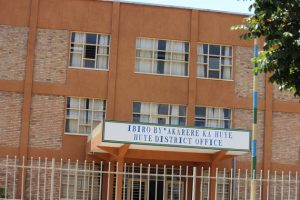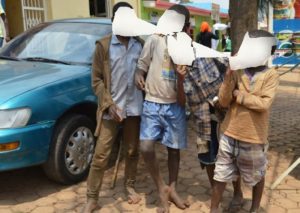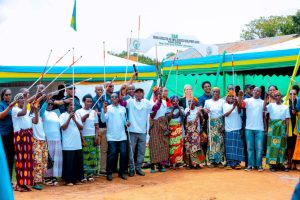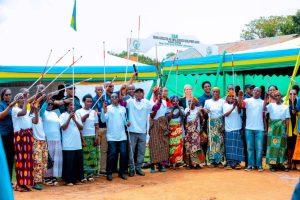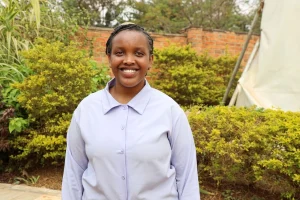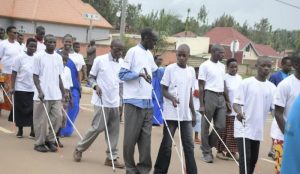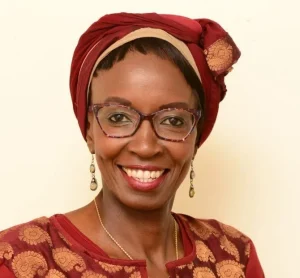African adolescents demand to be heard. We ignore them at our peril.
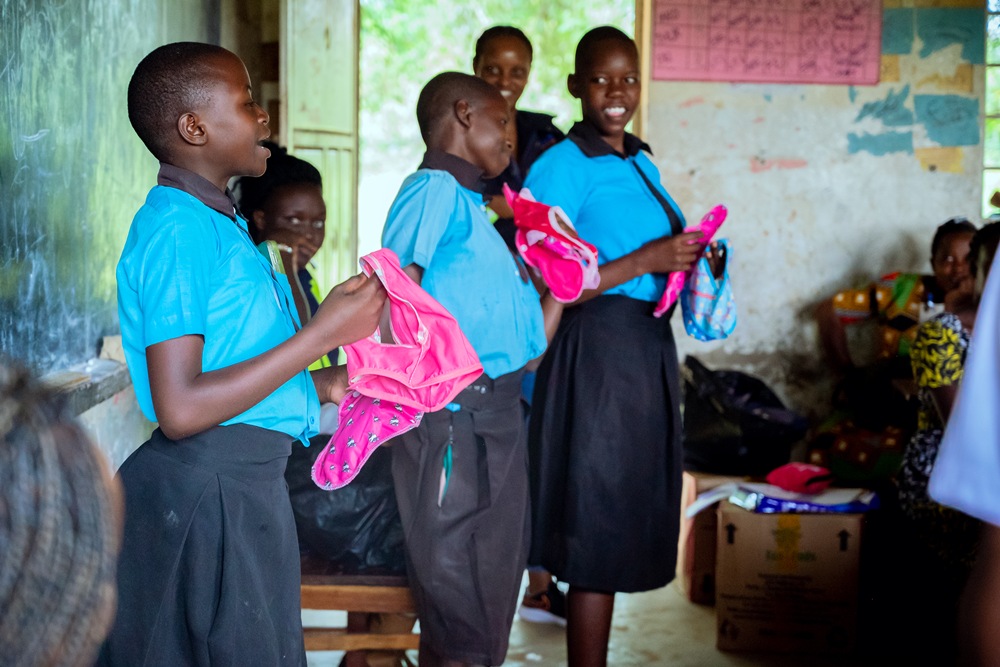
By Elhadj As Sy, Chairperson, International Board of Trustees, African Child Policy Forum
Among the hundreds of politicians, officials, experts and campaigners gathered in Addis Ababa this week for the 10th International Policy Conference on the African Child (IPC), one group is demanding — and getting — more attention than most. More than a dozen adolescent rights activists from all over Africa are taking to the stage with an unmistakeable message: we’ve had enough of being abused, exploited, ignored and marginalised. You had better start taking us seriously.
There are more than 317 million adolescents in Africa and the continent’s much-needed social, economic and political transformation will not happen without them. They have energy, ability, imagination and talent — yet they are consistently ignored, marginalised, exploited and abused. As IPC hosts, the Africa Child Policy Forum (ACPF) supports the right of adolescents to be heard, to be protected and to have a say in their own future.
Despite making up more than a third of Africa’s population, adolescents have been largely invisible in laws, policies and programmes. Understandably (and rightly) there has been much focus on protecting the rights of children, women and girls — but with the unintended consequence that adolescents’ specific vulnerabilities and age-appropriate needs have been neglected both in policy and practice. Adolescents have tended to fall through the cracks, creating a lack of understanding exacerbated by a lack of reliable data and evidence, compounded by a reluctance on the part of the establishment to listen to the stories, experiences and suggestions of young people.
The data gap is now closing, thanks in no small part to research by ACPF published to coincide with this week’s IPC. Our generation, our future: adolescent rights and wellbeing in Africa makes disturbing reading. To highlight just a few shocking statistics: 23% of African adolescents are undernourished; 30% of adolescent girls suffer from anaemia; 87% of girls living globally with HIV and 36% of the world’s out-of-school adolescents are in Africa; 16.2 million African under-18s have been displaced by conflict and 1.2 million by climate disasters.
The data is alarming but reading the report, what hit me hardest were the human stories behind the statistics — stories of poverty, inequity and poor access to essential health, education, legal and social protection services. Stories of violence, sexual exploitation and abuse, child labour and trafficking, displacement, substance abuse, child marriage and female genital mutilation. Stories of displacement, dislocation and bare survival on the streets, in conflict zones and climate disasters.
Given their circumstances, it’s hardly surprising that Africa’s adolescents are frustrated, resentful and impatient for change. But I am encouraged that they are also optimistic, bursting with potential, possibility and promise. I am constantly surprised and delighted by their capacity, energy and will to shape the social, economic and political transformation Africa so desperately needs. African adolescents have made it clear they want to be involved and are not afraid of hard work. ACPF fully supports these aspirations – now it is up to our governments to create the space and opportunities for young people to thrive.
In Addis Ababa this week, adolescent activists from Nigeria, Burkina Faso, Benin, Cameroon, Zambia, Chad, Senegal, Uganda, Sierra Leone and Ethiopia will present a powerful call to action which African governments would do well to heed. They must unlock the financial and human resources to enable adolescents to participate meaningfully in decisions that affect them and their futures. They must enforce existing legislation and enact new laws and policies to protect young people from violence — both on- and offline — including sexual exploitation and abuse; to enable them to access high-quality, age-appropriate mental, physical, sexual and reproductive healthcare services; to receive education and training which helps them realise their potential; to support adolescents living with mental and physical disabilities; and to prioritise the needs of young people living in rural areas, on the streets or who have been displaced by conflict and climate change.
Government action will, however, only take us so far. I urge the United Nations, the African Union, the African Committee of Experts on the Rights and Welfare of the Child (ACERWC), the African Commission on Human and Peoples’ Rights (ACHPR) and all civil society leaders not only to hear the voices of young people but act on them decisively and urgently. Adolescents are ready and willing to help create a fairer, greener and more prosperous Africa. They don’t need our permission — they just need our support.
For more information and to register for the 10th International Policy Conference on the African Child 28-29 October at the Skylight Hotel, Addis Ababa, please visit africanchildforum.org/10thipc

SUBSCRIBE TO OUR NEWSLETTER

